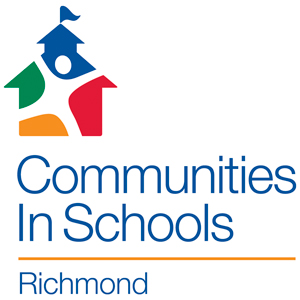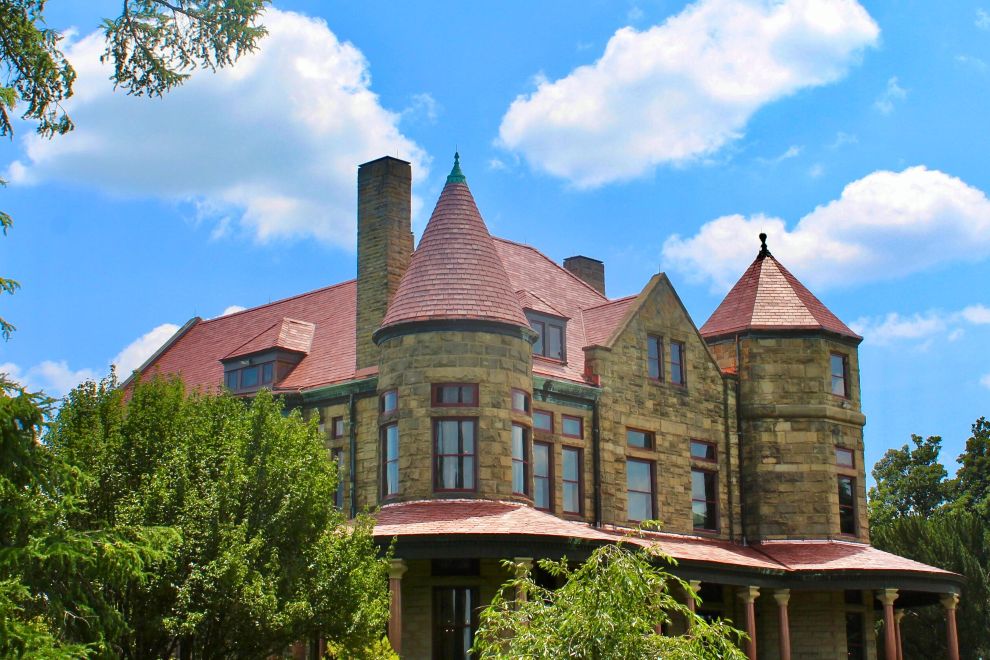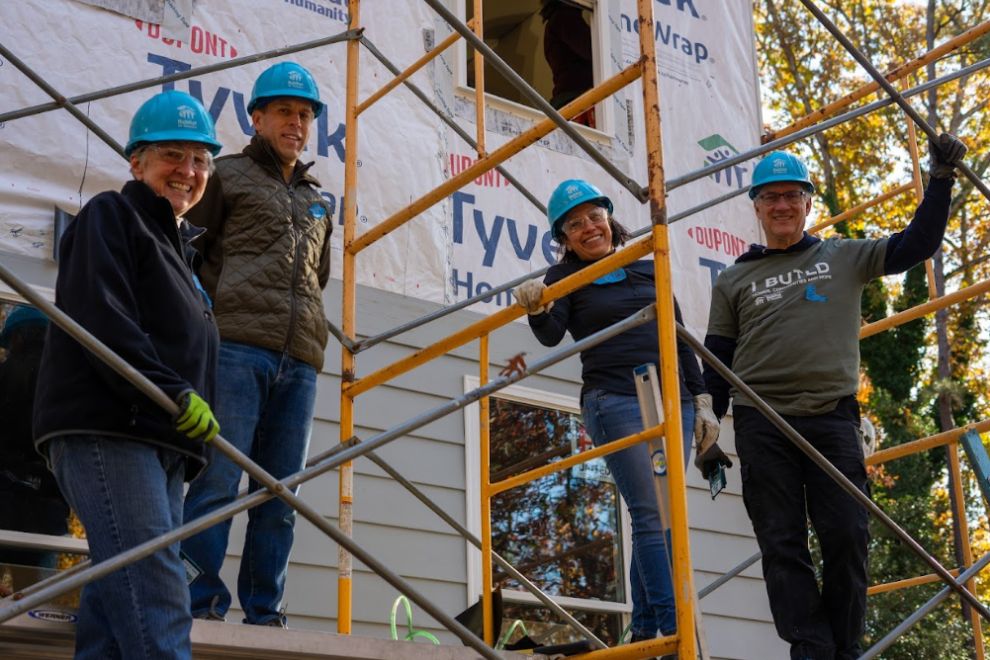Meet Anavelis, a fourth grade student at G.H. Reid Elementary School. She is an ESL learner (English as a second language) who not only needs to decode a new language, but also needs to read at grade level as soon as possible to make the critical shift from learning to read to reading to learn. With Spanish as the primary language at home, Anavelis needs extra help to meet her academic goals. She is not alone. Many students across the city struggle with barriers related to language, or poverty, or instability. They present a dilemma for teachers: how to teach effectively when out-of-classroom factors create barriers to learning?
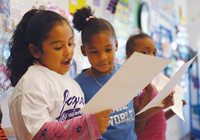 Communities in Schools (CIS) is a private, nonprofit Organization whose mission is to connect at-risk students with a wide range of wraparound services that address issues that impede classroom performance. A CIS site coordinator, working at Reid Elementary School, connected Anavelis with volunteers from the Micah Initiative (an interfaith volunteer Organization) and River Road Presbyterian Church. As CIS built a relationship with her family, she was also enrolled in FeedMore’s BackPack Program, which sends food home for kids and families for the weekend.
Communities in Schools (CIS) is a private, nonprofit Organization whose mission is to connect at-risk students with a wide range of wraparound services that address issues that impede classroom performance. A CIS site coordinator, working at Reid Elementary School, connected Anavelis with volunteers from the Micah Initiative (an interfaith volunteer Organization) and River Road Presbyterian Church. As CIS built a relationship with her family, she was also enrolled in FeedMore’s BackPack Program, which sends food home for kids and families for the weekend.
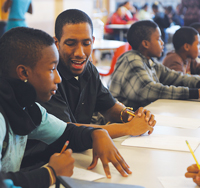 Anavelis is just one of over 14,000 students in 29 schools in Richmond and Henrico County that CIS connected with support resources in 2012. Of those, over two thousand received intensive Case-managed services. The impact is substantial. Consider that among CIS students:
Anavelis is just one of over 14,000 students in 29 schools in Richmond and Henrico County that CIS connected with support resources in 2012. Of those, over two thousand received intensive Case-managed services. The impact is substantial. Consider that among CIS students:
• Seventy-five percent improved attendance.
• Seventy-seven percent improved behavior.
• Seventy-seven percent improved academic performance.
• Ninety-two percent of eligible seniors graduated The graduation-rate statistic is especially meaningful, and largely attributable to three Performance Learning Centers (PLCs). The PLCs are an innovative CIS initiative through which high school students who have fallen behind in their credits or dropped out of school Altogether can pursue a non-traditional and academically rigorous path towards a high school diploma.
“The PLC model has proven to be a very effective way of inspiring success in students who would have otherwise become additional statistics in the ranks of high school dropouts,” says CIS CEO Harold Fitrer. “In 2010 alone, nearly 150 students graduated from PLCs, equipped with official high school diplomas and a plan for the future that may include college, the armed forces, or additional career training.”
The reality that CIS battles is a stark one. One in three American students will not complete high school, a percentage that increases exponentially among students who live in poverty. Dropouts earn considerably less than graduates, and may never enter the workforce at all, thus extending the cycle of poverty into a new generation.
 Students like Anavelis can stay on track, thanks to the work of CIS, committed volunteers, and the public schools working hand-in-hand to address her out-of-classroom challenges, making it possible for her to succeed in the classroom.
Students like Anavelis can stay on track, thanks to the work of CIS, committed volunteers, and the public schools working hand-in-hand to address her out-of-classroom challenges, making it possible for her to succeed in the classroom.
Caitlin Callister, a teacher at Reid says, “With services offered through CIS, students have the extra support they need to be successful. Anavelis is one of many students here at Reid who is a reader and an achiever.”


